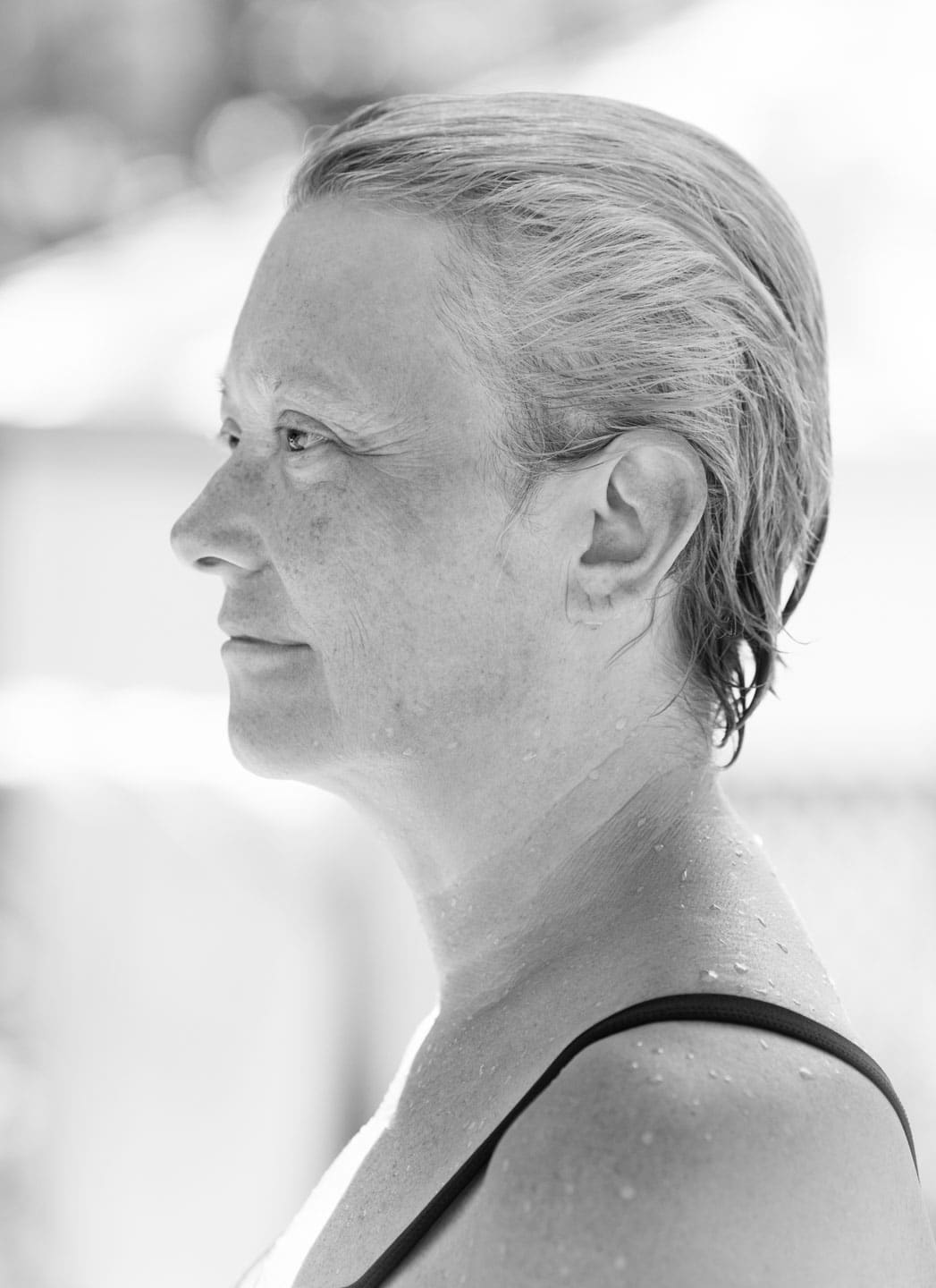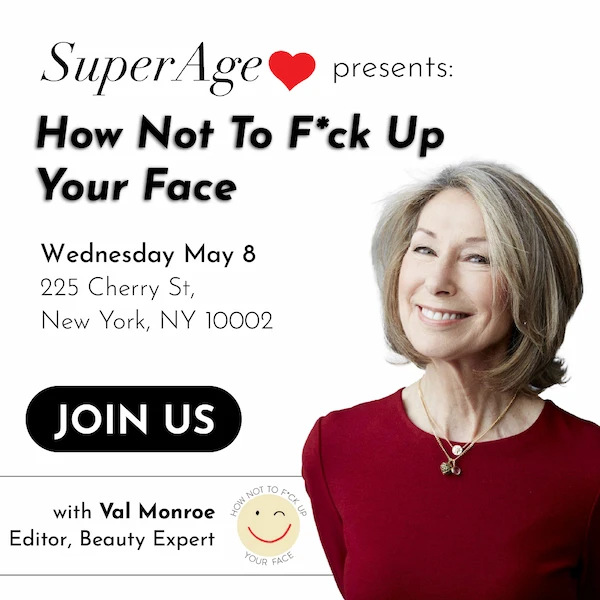The Philosophy of Risk
Part of me wants to just let Rachel Paine talk. The philosophy professor is one of the most articulate people I’ve come across on my journey. She quotes Hannah Arendt to emphasize the energy and power that thinking, alone, can give you.
Maybe that’s no surprise. Born in New York, Paine spent her formative years demonstrating in Greenwich Village against the Vietnam war, for civil rights and for women’s rights. At 14 she was modeling tie-dyed clothes. Yes, really. And she was the very first, for a man named Zubin. She then did 3 years in college and left without finishing.
In 1981, she and her husband moved to London. Three children — two who now work in nonprofits, one who is an actress — came next, and she didn’t get around to her love for philosophy until they were in their teens.
“Before I went back, I think I was allowing myself to feel middle-aged,” says Paine, who was 45 when she started going to night school in London. “And philosophy shook me out, because I had to challenge myself in so many different ways. I had to be a student again. Being a parent is somewhat defining; you’re in a certain role, so you’re not learning and exploring as much as you’re laying the groundwork for someone else to learn and explore.”
Now she likes to say she works in an “age-free zone.” A professor at Oxford University’s Department for Continuing Education, her classes include everyone from 18-year-olds to an 87-year-old. Adults, she says, come to her class with a different attitude, a stronger thirst for learning. And it’s affirmed a theory she’s long held.
“A big part of the philosophy I’m working on is that human beings are designed to be open to change, and we try to limit ourselves by being static and stable, and we harm ourselves,” she says. “The risk of being static and not taking challenges is very harmful to me.”

Philosophy is very rigorous. “It’s a marathon,” she says. But she’s kept pace. Next year will find her in the ninth arrondissement in Paris, where she’ll focus not on writing the academic papers she’s done so far, but on more essay-based work. She speaks often with the young people in her classes about aging, and she spends a lot of time calming them.
“There’s a sense of panic about aging, and I think they undermine themselves hugely by panicking. It creates anxieties that have no basis in reality. It makes them try to conform to norms of success because they’re afraid that somehow it’s all going to get away from them if they turn 30 and they haven’t achieved something that society says is important. There’s too much of a treadmill on the timeline. And just give it all up, because everything is going to be shifting and changing and interesting to the degree that you’re interested in your own life.”
The ideas expressed here are solely the opinions of the author and are not researched or verified by AGEIST LLC, or anyone associated with AGEIST LLC. This material should not be construed as medical advice or recommendation, it is for informational use only. We encourage all readers to discuss with your qualified practitioners the relevance of the application of any of these ideas to your life. The recommendations contained herein are not intended to diagnose, treat, cure or prevent any disease. You should always consult your physician or other qualified health provider before starting any new treatment or stopping any treatment that has been prescribed for you by your physician or other qualified health provider. Please call your doctor or 911 immediately if you think you may have a medical or psychiatric emergency.



